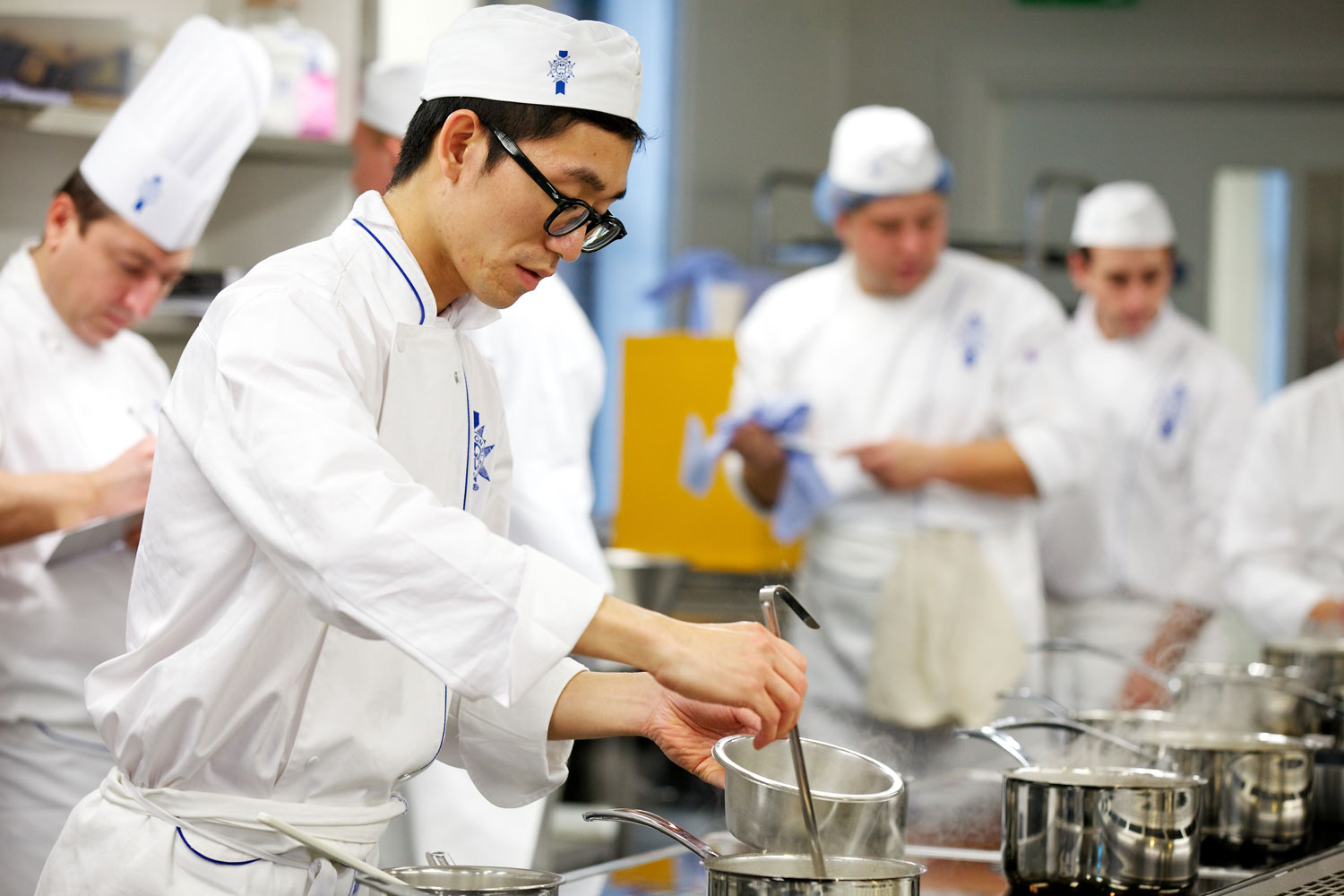How to Evaluate a Culinary Arts School

Culinary arts are a field as wide as the sea. There is so much to learn in the field that no one can claim to have reached the bottom of the ocean. One can learn the basics from a school that specialises in the field and then keeps on learning the art.
Getting into the right school is crucial as it is the stepping stone of your career in the field. One must carefully evaluate all options before making up his or her mind about a certain institution that teaches culinary arts.
Instructions
-
1
Area of Expertise
You will certainly be looking to acquire culinary arts education in general but there are always areas that one feels more comfortable with and prefers. Make sure that you choose a school that not only has a great overall standing but also offers great training in those particular areas. You will be better able to connect with the learning process once that happens. -
2
Affordability
Make sure that the school or schools you are considering are not only of good standard but also affordable for you. Some schools may offer the best of everything but may cost a fortune. You want to have a great value education for a price you can afford. -
3
Curriculum
Make sure that you know about the curriculum of each culinary arts school that you are considering. Go for the one that covers the most topics and teach you basics as well as advanced levels of certain areas. The curriculum will be important in expanding your knowledge base. -
4
The Chefs
Each and every culinary arts school has professional chefs with experience spanned over years and know their craft well. They can give you tips that are worth gold as the fine tuning can be the difference in a good and great chef. Some good names in the teaching staff will not only be great for your learning process but will also look good on the resume when perspective employers come to know that you have worked with certain well known chefs. -
5
The Study Style
You would ideally pick a school that has a great balance of bookish knowledge and practical work. A greater amount of hands on training will be preferable though as you should be able to learn by cooking practically and not just be reading books. This is imperative as cooking is something that demands a lot of practice and precision and learning it right from the start is a great boost.




